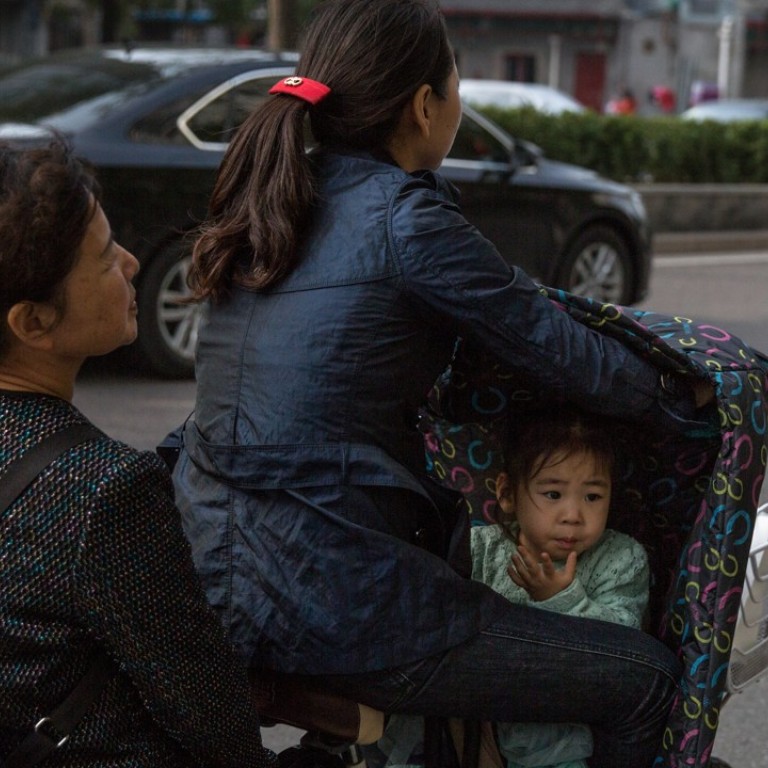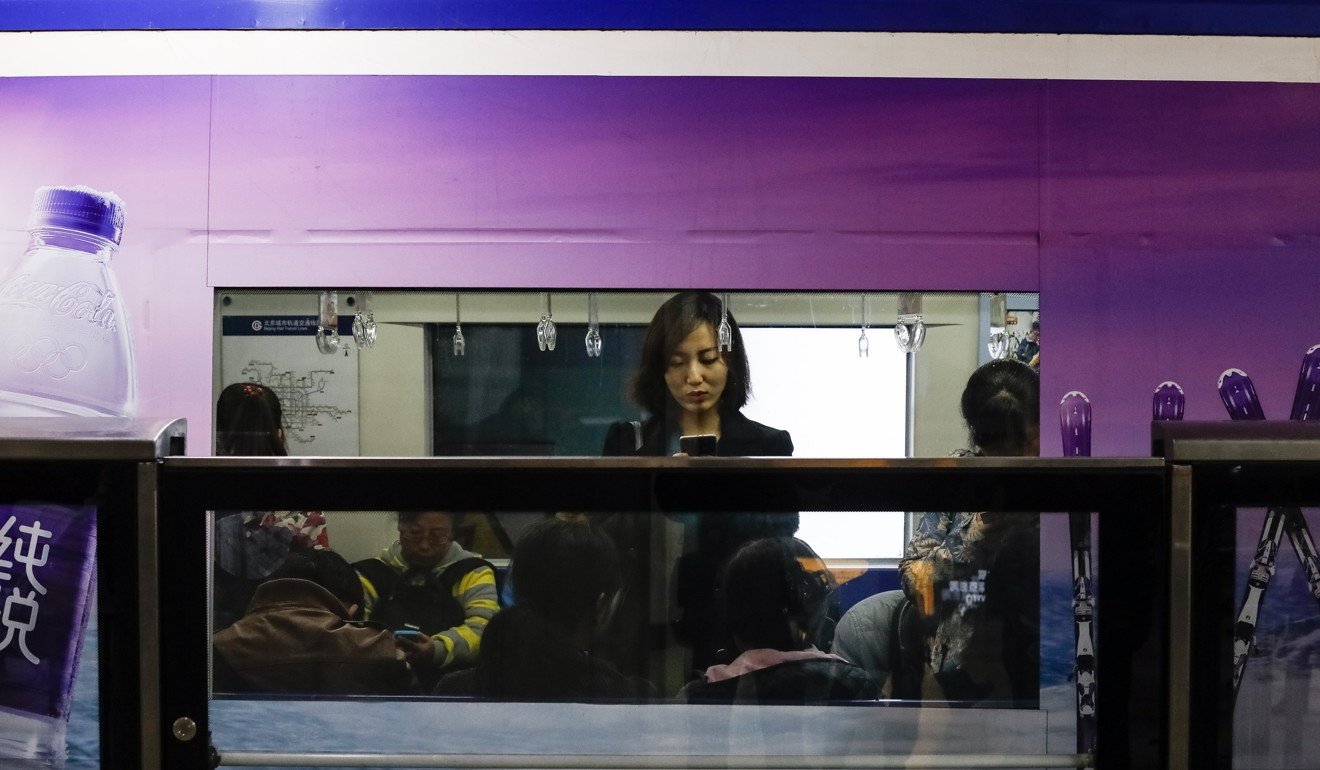
China falls – again – in World Economic Forum’s global ranking for gender equality
Chinese women put in longer days of paid and unpaid work, and remain far behind in terms of jobs at the top of the corporate and political worlds
China has fallen in a global ranking for gender equality for a ninth year in a row, coming in at 100 among 144 countries despite decades of economic advances, according to an international study.
Releasing the results on Thursday, the Geneva-based World Economic Forum said China was just ahead of India in 108th spot, Japan at 114 and South Korea at 118 in the survey which examined gender parity in health, education, political empowerment and economic opportunity.
The Nordic countries led the pack overall while the Philippines was the best-ranked country in Asia in 10th place.
Saadia Zahidi, WEF head of education, gender and work, said China had made remarkable economic progress but needed to ensure that its benefits were equally distributed.
“Women make up half the total talent of any country and economy – and if progress for half of a nation’s people does not equally keep pace, this will lead to an underutilisation of the nation’s full potential, with wasted opportunities for the economy, businesses and individuals alike,” Zahidi said.
WEF said the global gender gap was widening after a decade of slow progress towards parity, saying it would take another century to bridge the divide, compared with an estimated 83 years last year.
“In 2017, we should not be seeing progress towards gender parity shift into reverse,” Zahidi said.
China was at the bottom of the list for the third year in a row for sex ratio at birth. The most recent data from the National Bureau of Statistics indicates that 113.51 boys were born in 2015 for every 100 girls.
The survey also found that women spent longer days at the workplace, putting in 525 “work minutes per day” on average compared with 481 for men.

On top of that, women were spending about 44.6 per cent of their non-work hours on unpaid work such as looking after their families while the figure for men was 18.9 per cent.
China was 109th in terms of female representation among ministerial positions, and 105th for gender quality among legislators, senior officials and managers.
According to the survey, women account for just 9.4 per cent of board members on publicly traded companies in China.
Throughout the world, women’s participation in politics stubbornly lagged that of men, with women still accounting for just 23 per cent of the world’s decision makers, according to the report.
But politics was also the area where women have made the most advances in recent years, the report said, estimating it will take 99 years to fully rectify the situation.
The picture is not all bleak: the march towards gender equality in education could reach the finish line within a mere 13 years, it said.
And the situation varies greatly from country to country and region to region.
For instance, while Western European countries could close their gender gaps within 61 years, countries in the Middle East and North Africa would take 157 years, the report estimated.
Among the world’s 20 leading economies, France fared the best, taking 11th place overall, up from 17th place last year and 70th place in 2006.
The United States meanwhile dropped four spots to 49th place due to women’s dwindling political representation, with a “significant decrease in gender parity in ministerial level positions”, the report said.
Additional reporting by Agence France-Presse


.png?itok=arIb17P0)